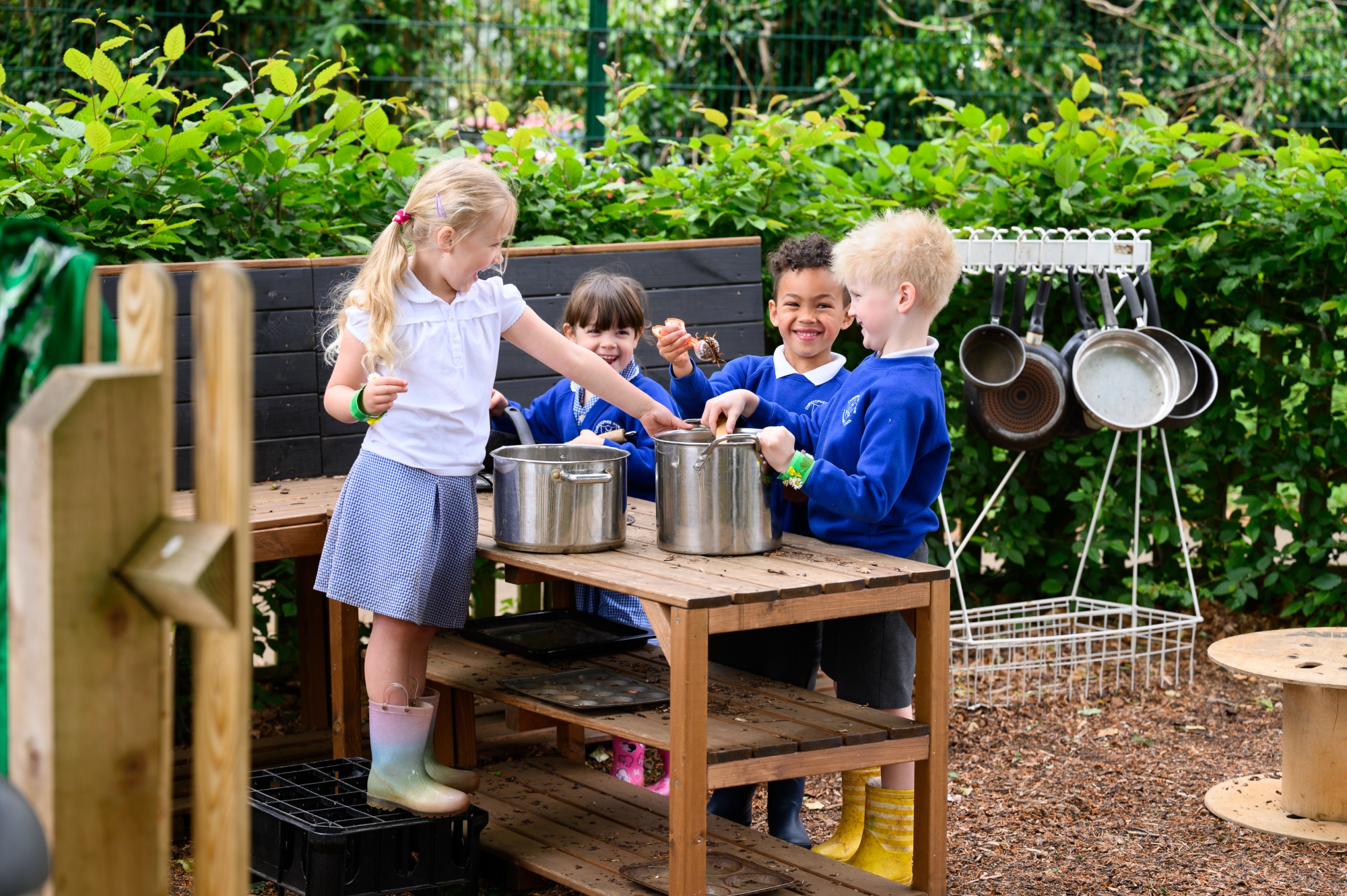Sustainability
Sustainability in ODST schools: creating a sustainable future for our children
At ODST, we want our young people to be passionate about the natural world, and become courageous advocates for their schools and their communities
We want to prepare children for a lifetime of sustainable living, through care for oneself (health and well-being), through care for each other (family and community), and through care for the environment (local and global). We want our schools to teach knowledge to help them become global citizens, to face the challenge of climate change with courage and not fear. We must also bring hope that their learning about the world will help them to become advocates for change, and develop a commitment to the responsible stewardship of their world today for future generations.
Sustainability strategy
As a Trust we are committed to making central decisions about trust-wide operations and procurement with a sustainability focus in mind, and working with schools at a local level to implement these plans. Individual schools also co-ordinate their own eco-activities and local initiatives, including ensuring sustainability is woven into the curriculum.
Our strategy aligns with the 4 main aims in the DFE strategy to improve sustainability and respond to climate change by 2030:
Climate education: preparing pupils for a world impacted by climate change through learning and practical experience
Net zero: reducing emissions from education buildings and providing opportunities for pupils to get involved in the transition to net zero
Resilience: adapting school buildings and systems to prepare for the effects of climate change
A better environment for future generations: enhancing biodiversity, improving air quality and increasing access to nature in and around schools
Steps we are taking:
Reducing our carbon footprint and emissions
- Decreasing our carbon footprint by more accurately measuring and reducing baseline emissions. Carbon footprint reports are produced for every school, which will be used as a training and engagement tool for staff and pupils, and schools will track progress.
- Moving to alternative electricity supply using renewable sources to reduce our reliance on gas, including the replacement of old, inefficient gas boilers.
- LED lighting is now in place in the majority of our schools from DFC funds.
- Introducing solar panels, aiming for 7 schools to have panels by Sept 2027.
- Trialling the use of smart meters in schools and to use smart meter data to help schools reduce energy bills and improve energy efficiency.
- Reducing emissions and waste associated with our supply chain. Through the decisions we make about what to purchase and the suppliers we use, we can ensure we make sustainable choices and influence our suppliers to reduce their own carbon emissions.
- Introducing electric vehicle charging points in our schools with the aim that all schools will have this option by Sept 2028.
- We aim that new buildings delivered by the DfE (which aren’t already contracted) will be net zero in operation and designed for a 2°C rise in average global temperatures, and equipped with sustainable ICT solutions.
Educating our children and communities
- We want to support all of our staff, pupils, parents and communities to make more sustainable choices; from the food we eat, to the amount of waste we generate (and how it is treated), and the way we get to school.
- We will use our headteacher and school business manager networks to share best practice in reducing carbon emissions, improve sustainability and resilience and to provide advice on the most efficient use of our shared estate.
- ODST Eco Leads network ensures there is a sustainability champion at every school, leading on curriculum and in-school activities. Eco leads share resources, ideas and best practice through termly meetings with the network and ODST sustainability lead.
- A wealth of activity in individual schools that aligns with the needs of each school community and its local environment, as well as linking with the curriculum and inspiring children: for example - working towards Eco awards, schemes to encourage walking or cycling to school, nature clubs or themed weeks. Example shown below but every school will offer activities that fit their own surroundings and communities.
